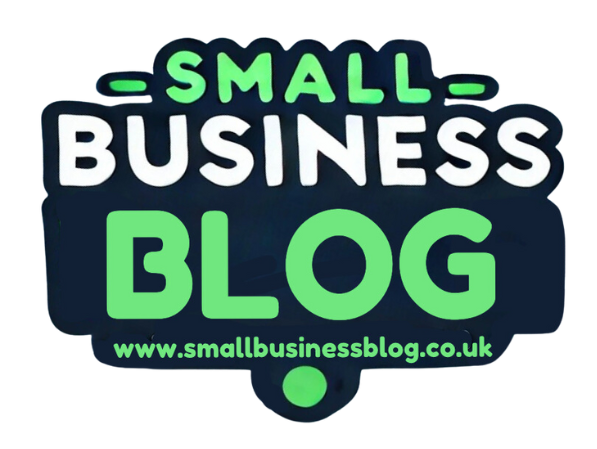How to Make an Eyewear Business Stand Out in the UK
The European eyewear market is thriving. According to a recent report by Research and Markets, it was valued at $57 billion (£44.4 billion) in 2024 and is expected to reach $83.3 billion (£64.9 billion) by 2034, growing at a CAGR of 4%. Driving this growth is our increasingly screen-heavy lifestyle. Prolonged exposure to smartphones, tablets, and computers leads to more vision-related problems such as nearsightedness, farsightedness, and eye strain. And, these factors are driving demand for prescription eyewear, as well as encouraging more frequent eye exams.
For British entrepreneurs, this represents a golden opportunity. The same report indicates that the UK eyewear market alone was projected to generate $12 billion (£9.3 billion) in 2024, making it one of the most lucrative markets in Europe. So, if you’re looking to build your own eyewear brand, here are three proven ways to make your business stand out.
1. Establish a strong online presence
The Research and Markets report highlights that online eyewear sales accounted for 63.6% of the market share in 2024—a figure that’s set to grow. According to Euromonitor senior research consultant Natasha Cazin, creating a digital footprint doesn’t have to be complicated. Social media, for instance, is a simple yet powerful tool. “Even if the consumer doesn’t buy online, it brings brand awareness to a brand-new audience,” she said in an interview with Optometry Today.
Eyewear businesses can take cues from retail giant Sunglass Hut. While known for its extensive brick-and-mortar presence, it has also embraced omnichannel retailing. A perfect example is its 2023 #ShadesOfHoliday campaign. Promoted heavily across social platforms, the hashtag showcased festive eyewear collections and built anticipation for a special event in Trafalgar Square. The pop-up activation featured a fun arcade game where visitors could win prizes such as discounts and eyewear while enjoying free hot chocolate and browsing exclusive collections. It was a brilliant way to blend digital promotion with physical engagement.
2. Attract shoppers with low-cost offerings

The cost-of-living crisis continues to affect UK households, with Euromonitor International finding that 22% of UK consumers don’t feel financially secure. “There is a new financial mindset – budgeting has become the norm,” noted Cazin. In 2024, consumers are actively looking for “hacks or dupes” to stretch their budgets. For optical retailers, this presents a prime moment to offer added value and smart incentives.
Vision Direct, a leading contact lens provider, has effectively tapped into this trend. Their website features a dedicated and informative page on free eye tests, helping educate visitors on how often to get tested and why it matters. The page then encourages consumers to take their new prescription from another optician and use it to purchase contact lenses from Vision Direct. This clever strategy not only supports public eye health but also directs customers back to their platform. Their value-driven approach is reinforced by perks such as hassle-free ordering, a price match guarantee, and free contact lens trials.
3. Have robust product liability insurance
As we discussed in a previous post, product liability insurance is essential for any retail business, but especially for those selling eyewear, which is classified as a medical device. This insurance protects businesses from claims that arise when a product causes injury or harm. It typically covers legal fees, compensation costs, and even expenses related to product recalls. Having the right coverage in place protects your bottom line and also builds trust with customers.
For this, start-ups can explore services from companies like Bionic, which helps small businesses compare and secure product liability insurance tailored to their needs. For those operating physical shops, SMEI Insurance is another great option. Their opticians’ insurance packages include protections like accidental damage, business interruption, and employers’ liability—all crucial for running operations smoothly.
With demand for eyewear on the rise and the UK market full of potential, now is the time for small businesses to carve out their niche. By building a strong online presence, having low-cost offerings, and securing solid insurance, eyewear entrepreneurs can position themselves for lasting success.







